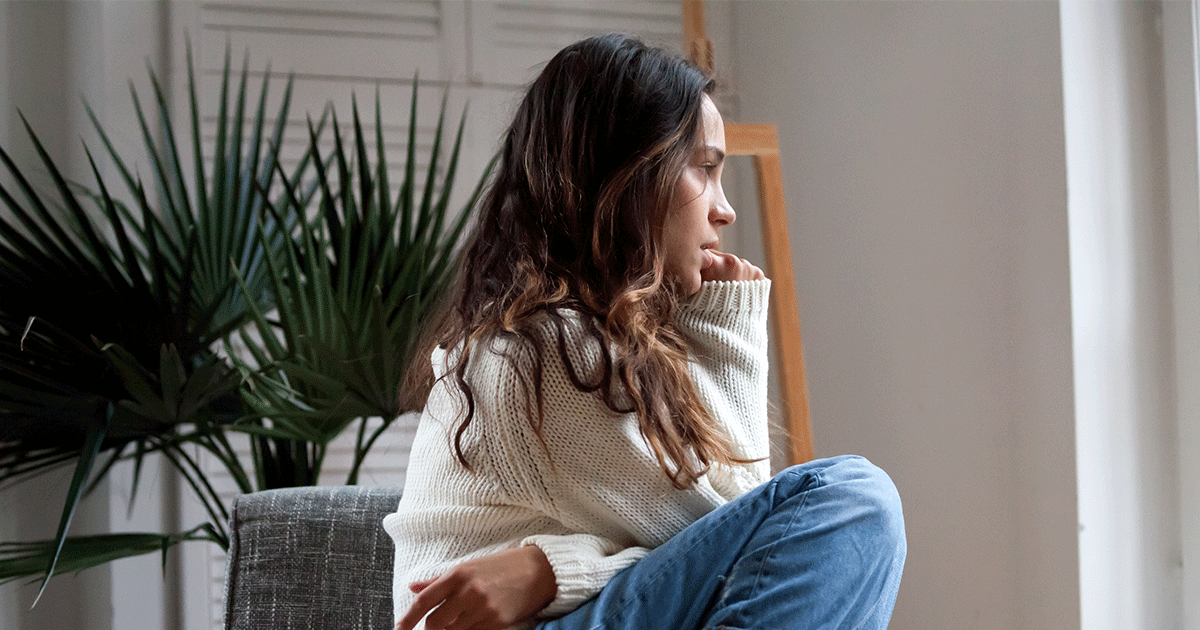It’s no secret that social media has revolutionized the dating scene. Meeting people online is now a common way to start a relationship, and many couples today owe their love story to social media and dating apps. However, navigating social media and online romantic relationships can be a bit tricky, so we’re here to share some friendly advice on how to do it in a way that's healthy and fun.
Be Authentic
Firstly, it's important to be yourself when using social media to connect with others. Although it's tempting to present a perfect version of yourself online, the best approach is to be yourself from the start. This way, you'll attract people who like you for who you are, not for who you're pretending to be.
Don't Rush Things
When you meet someone online, it's easy to get caught up in the excitement and rush things. However, it's important to take your time and get to know the person first. Don't jump into anything too quickly, and make sure to have conversations about your expectations and boundaries.
Be Safe
Meeting someone online can be exciting, but it's important to be safe. Tell a friend or family member who you are meeting and where you are meeting them, and always meet in a public place for your first few dates. If you're unsure about someone, trust your instincts and don't continue the relationship if it doesn't feel right.
Watch Out for Red Flags
Unfortunately, dating sites can attract scammers and catfishers who use fake profiles and manipulative tactics to take advantage of others. Here are some red flags to look out for to know if you're being scammed or catfished by an online “friend”:
- They ask for money or try to sell you something
One of the most common signs that you're being scammed is if the person you're talking to asks for money. Be wary of anyone who asks for money or financial assistance, even if they claim it's for a legitimate reason.
- They refuse to video chat
If someone refuses to video chat, it's possible that they're not who they say they are. Catfishers often use fake photos and avoid video chats to hide their true identity.
- Their story doesn't add up
If they tell you one thing one day and something completely different the next, or if their story seems too good to be true, it's possible that they're not being honest with you.
- They are overly charming and flattering
Scammers and catfishers can use flattery to gain your trust and manipulate you. If someone is overly complimentary and seems too good to be true, it's important to be cautious.
- They have a limited online presence
Catfishers often have limited online presence and only use social media or dating sites to communicate with their victims. If someone's online presence seems limited or their profile seems incomplete, it's possible that they're not who they claim to be.
Online romantic relationships can be fun and rewarding, but it's important to navigate them with care. By being authentic, taking your time, and watching out for red flags, you'll be able to find healthy and meaningful relationships through online dating. You are valuable and your boundaries are important, so remember to always trust your instincts and prioritize your safety!





